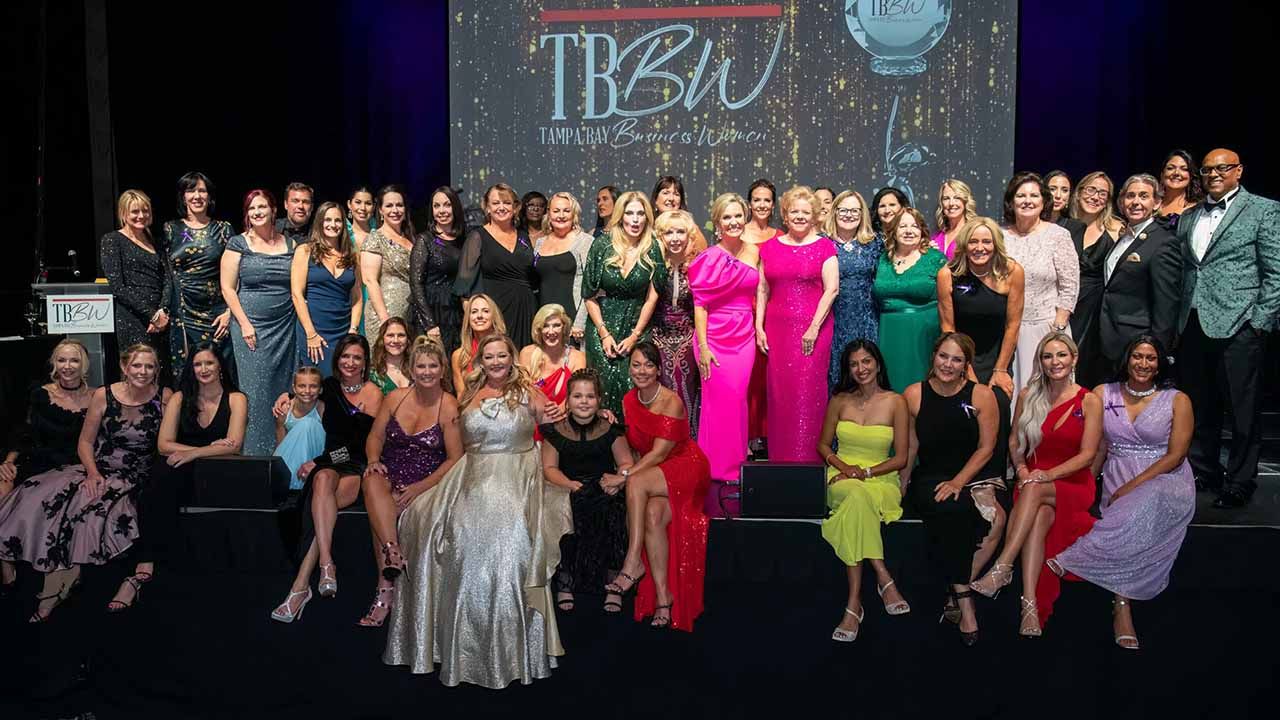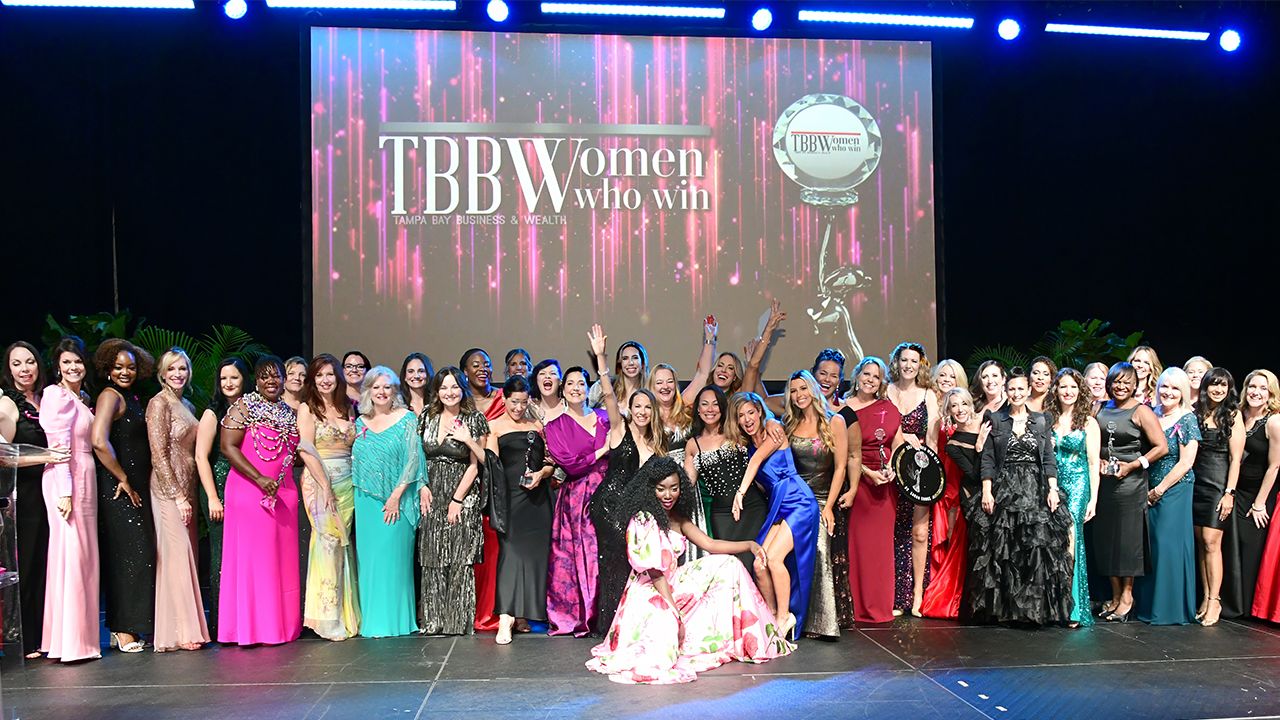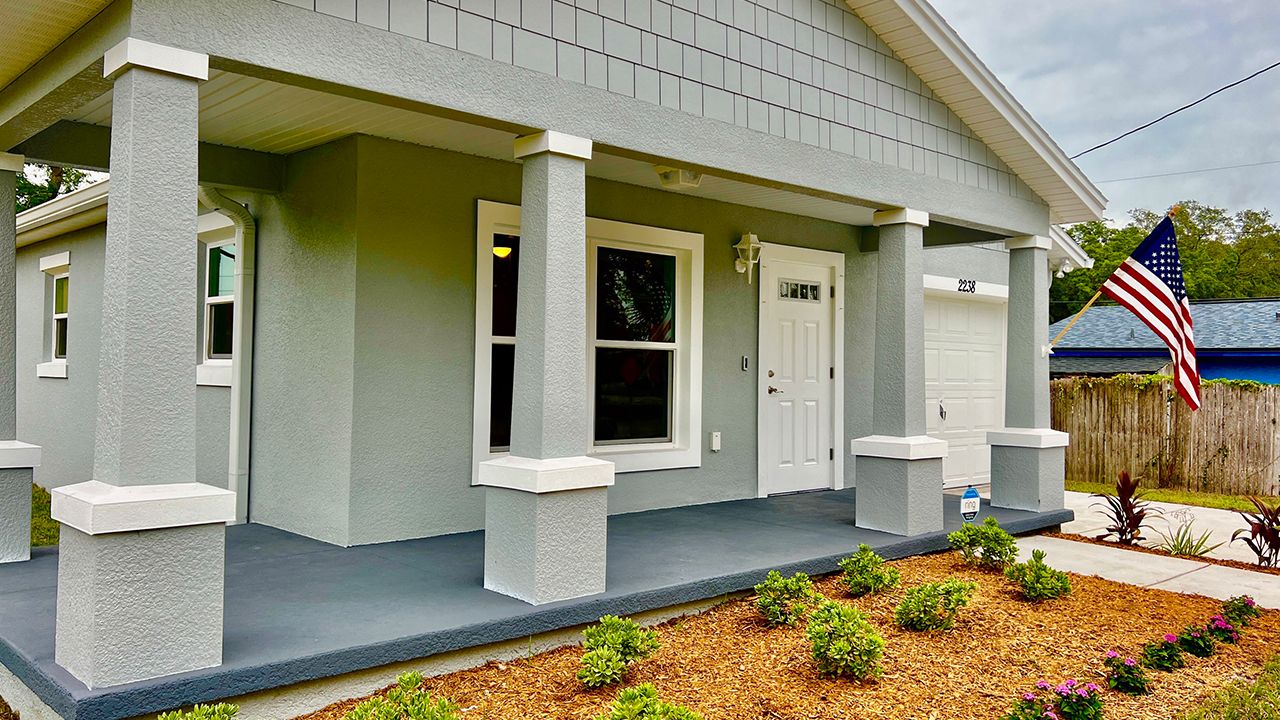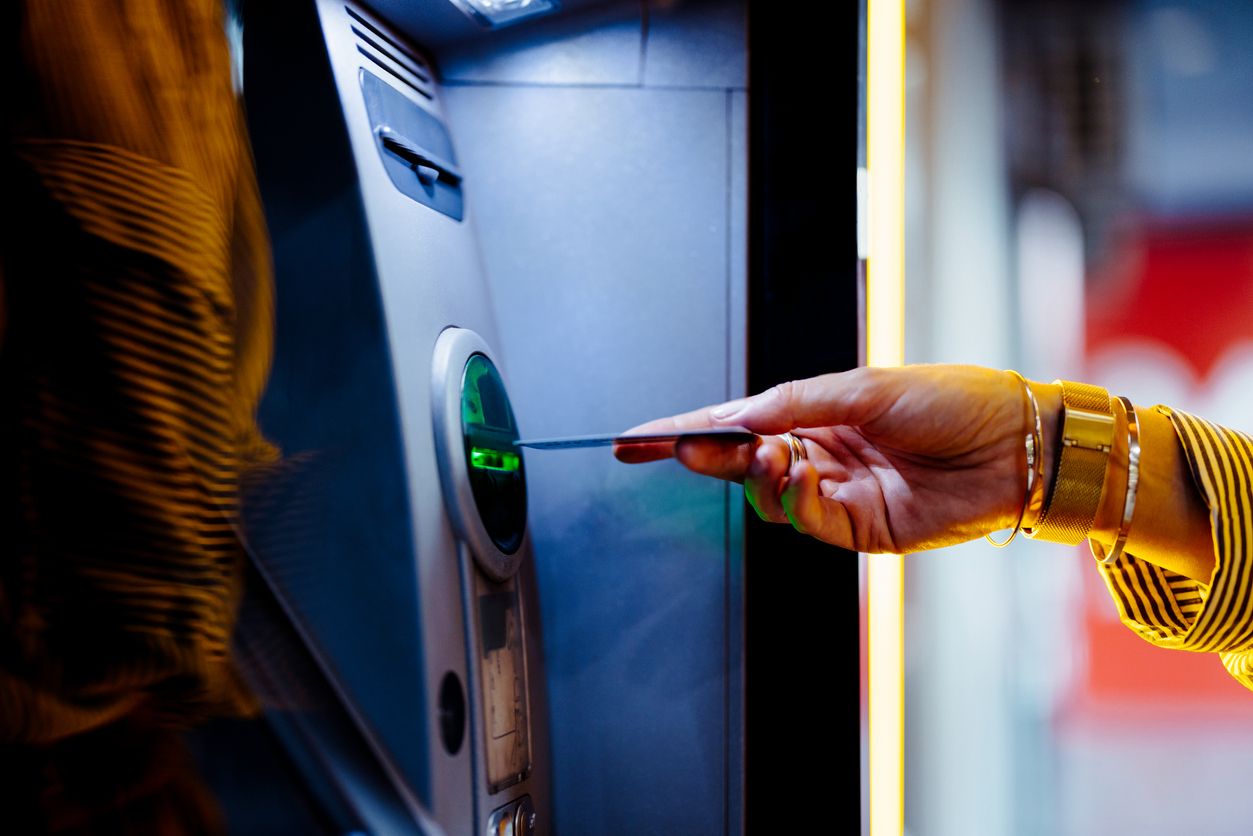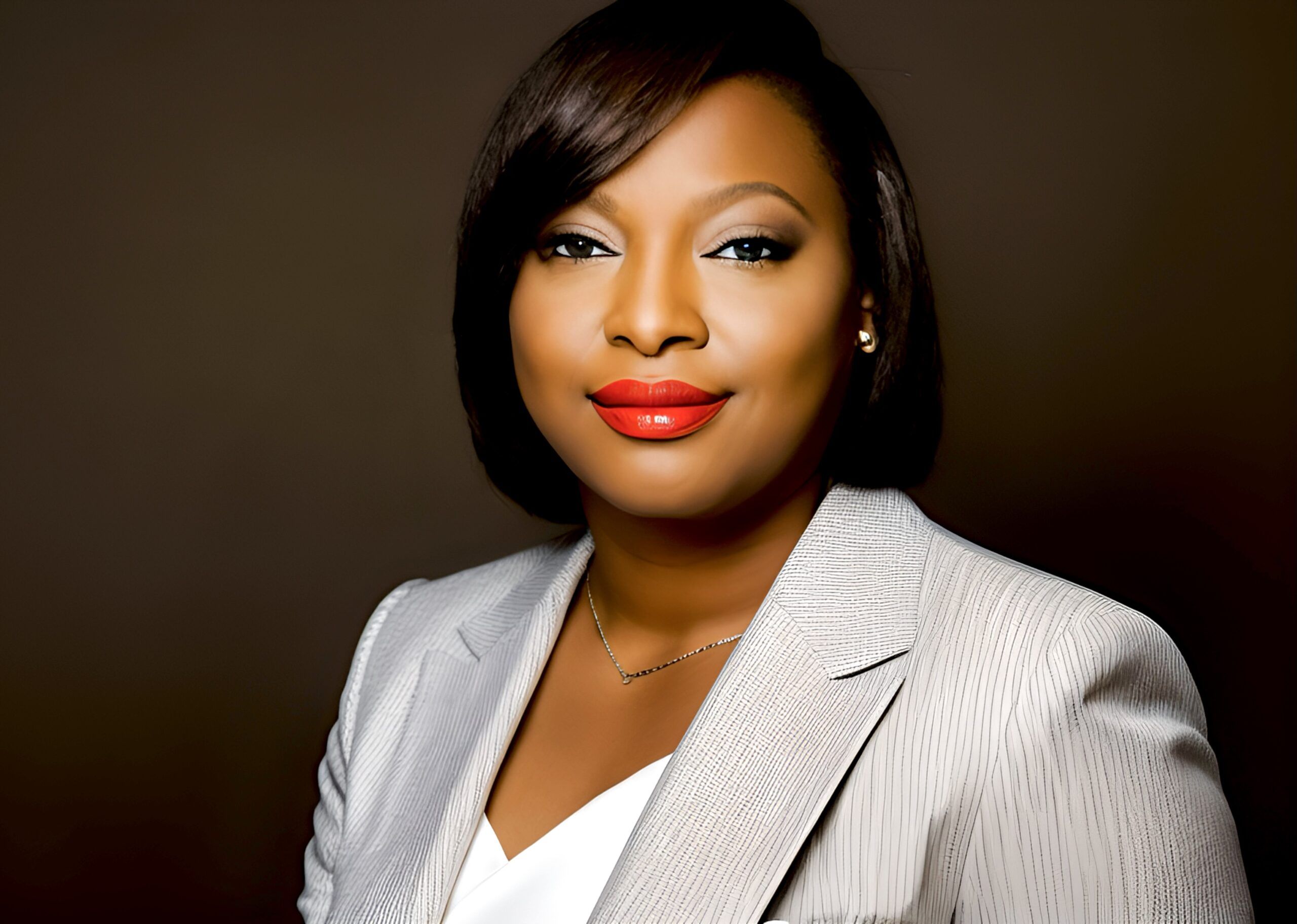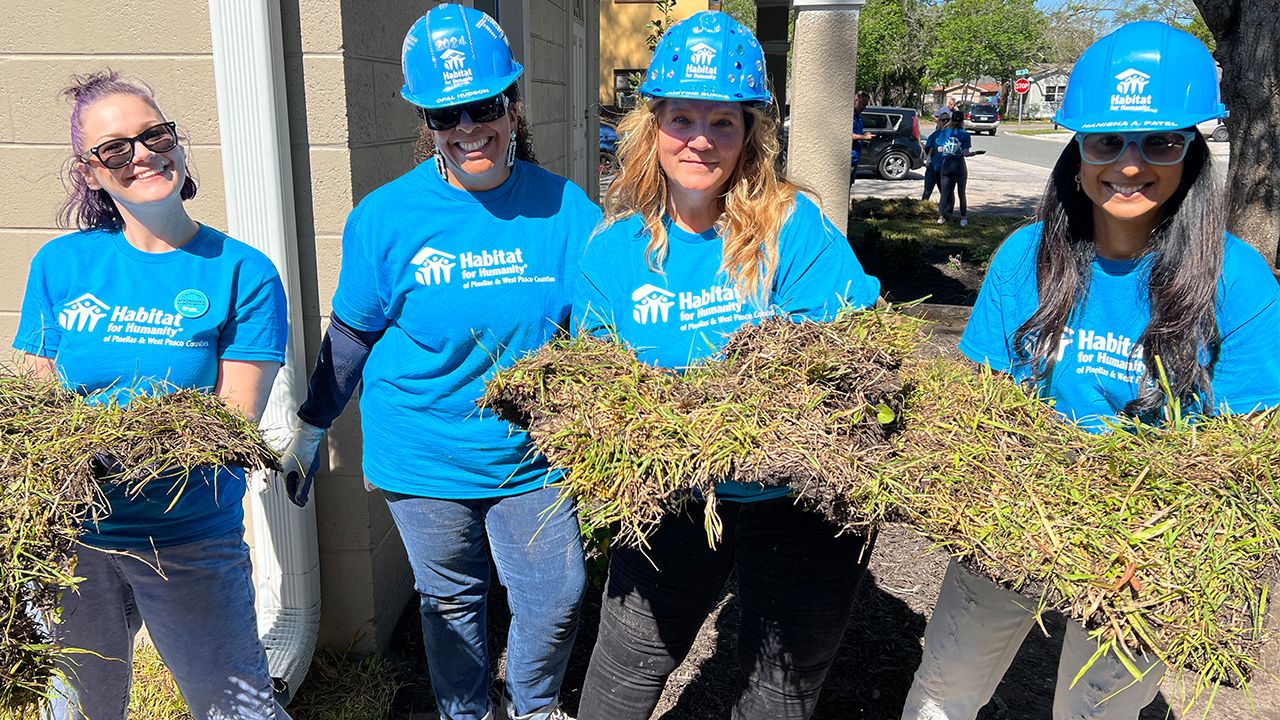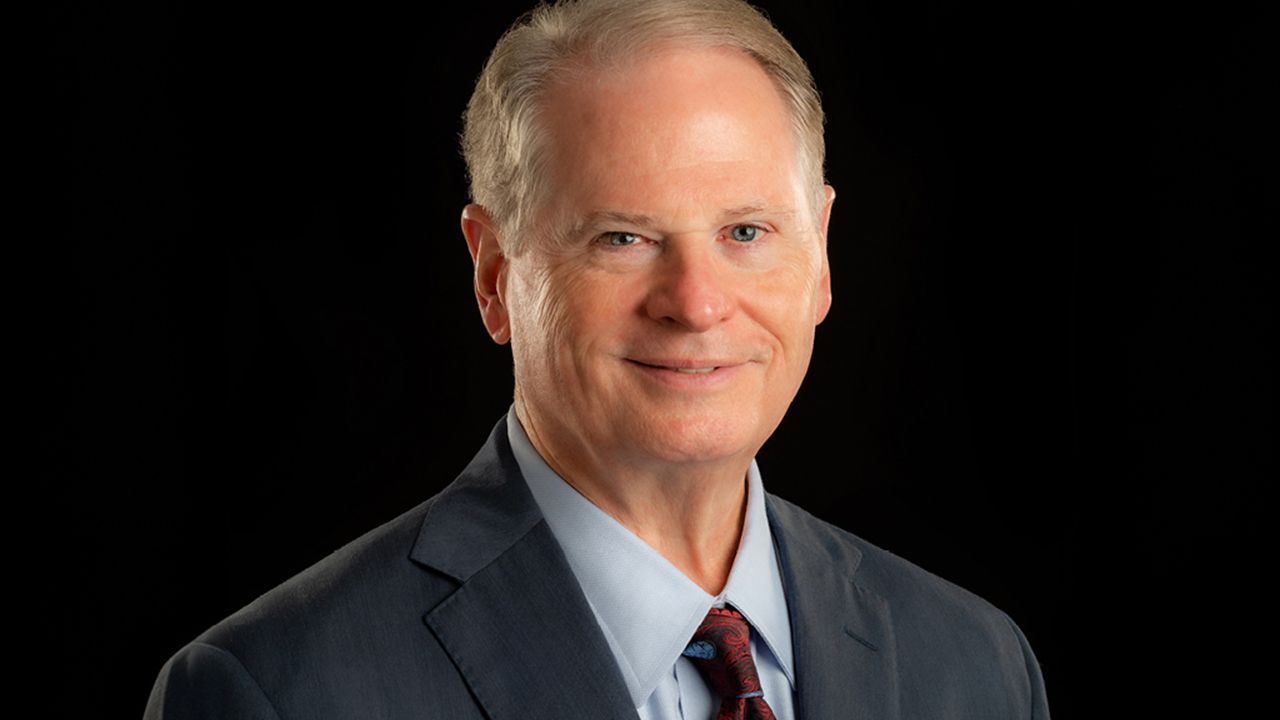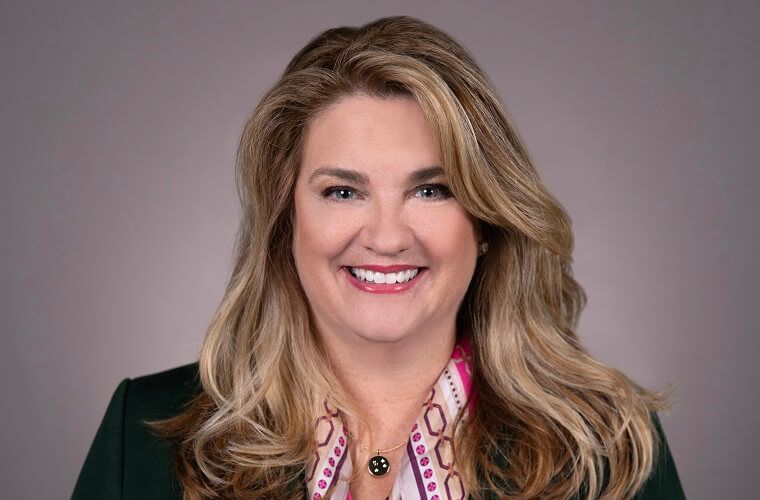By Darcie Lunsford
The phones at IMS Worldwide, a Houston-based consulting firm that helps companies, local governments and real estate developers establish and operate foreign trade zones nationally, have been lighting up in recent months.
As President Donald Trump amps up his trade-sheriff stance, the often-underused foreign trade zones program—established in the 1930s as a sentry against an earlier U.S dalliance with protectionist trade policy—is increasingly in vogue again.
“A lot of people are going to jump into foreign trade zones as a defensive mechanism and insurance,” says Curtis Spencer, president of IMS Worldwide.
Foreign trade zones generally allow for duty-free flow of goods through the United States to another country; components or materials to be imported to the United States, then manufactured and re-exported without duty; or goods to be sold as a fully manufactured product in the United States at a reduced duty.
The zones have been effectively used in South Florida, helping transform it into a global hub in the supply chain serving Latin America and the Caribbean. Being a major shipment spot has been a huge boon to the regional and state economy, with one in four jobs now linked to the flow of trade in, out and to Florida.
“South Florida is a huge funnel from Asia and Europe down to Latin and Central America,” Spencer says. “If people get smart, they will add more FTZ space.”
There are more than 195 active foreign trade zones nationally, processing $76 billion in exports, receiving $610 billion in domestic and foreign merchandise. Some 3,300 companies use them, fueling 420,000 jobs, according to the most recent data from the National Association of Foreign-Trade Zones.
Foreign trade zones in Miami-Dade and Broward counties are ranked third- and fourth-largest, respectively, among warehousing and distribution export zones nationally.
And the region is poised to ramp up its foreign trade zone footprint even more to accommodate any qualified importer, exporter, manufacturer or distributor seeking shelter against a trade war.
Miami-Dade used a relatively new federal program to reorganize and greatly expand its foreign trade zone breadth and streamline the federal approval process for new sites. Under the Alternative Site Framework program, the county created a large overlay zone that stretches north from Southwest Eighth Street to the Broward County line and from Miami Beach west to the Urban Development Boundary. Any warehouse, plant or facility within this overlay area can now be designated as a free trade zone through an abbreviated approval process.
Broward County also has applied for the designation and is awaiting approval later this year to forge a countywide trade zone. Palm Beach County filed its application in February, according to federal documents.
Robert Jacob, who oversees the foreign trade zone for Port Everglades and Broward County, says interest is rising among companies about the benefits of operating within a trade zone.
Right now, he says, a majority of companies use the zone as a duty-free transfer station for items coming in and out of the county on their way to Latin America or onto a cruise ship, but the zones also offer untapped opportunities for assembling and manufacturing of products to be sold here or abroad.
“The rules of an FTZ get you to the lowest possible duty rate—all designed to make it more affordable to do it here in the United States,” he says. “It really should be a magnet for manufacturing.” ↵
Freelance writer Darcie Lunsford is a former real estate editor of the South Florida Business Journal. She is the senior VP for leasing at Butters Group and is avoiding a conflict of interest in her column by not covering her own deals.




